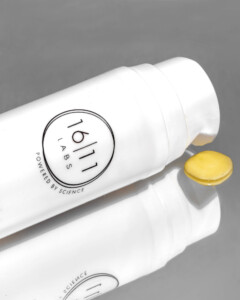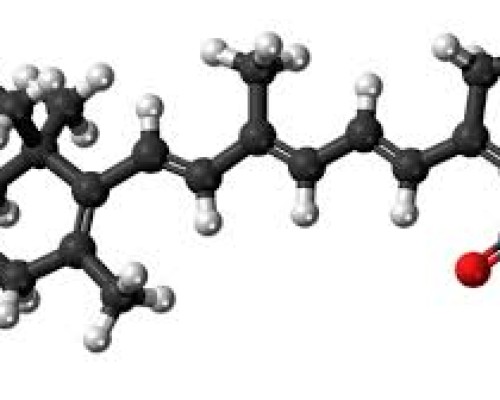Retinoids, are derivatives of vitamin A that can be found in nature from animal and plant sources, although most commercially available retinoid products are produced synthetically in the lab.
Retinoids are molecules that bind to and activate retinoic acid receptors to influence the proliferation (cell growth & division) and differentiation (unspecialized to specialized) of cells. This effectively helps reduce visible signs of aging, boost collagen production; which in turn reduces the appearance of fine lines and wrinkles.
Retinoids can also help treat various pigmentation disorders like melasma and post-inflammatory hyperpigmentation. It causes inhibition of tyrosinase and epidermal melanin dispersion.
Depending on the type of retinoid used, It can also interfere with pigment transfer to keratinocytes and accelerate pigment loss by triggering desquamation (shedding of dead skin cells from outermost layer of the skin).
Most common types of OTC retinoids are retinol, retinyl esters, and retinaldehyde. The type and percentage levels used in formulations mean they all work in different ways which dictate the results achieved.

The conversion sequence of retinoids in the skin is from retinyl esters to retinol, which gets converted to retinaldehyde, then to the final product, retinoic acid.
The biologically active form recognised by the skin is retinoic acid. This is what leads to the improvement in skin texture, fine lines and depigmentation. Since retinaldehyde requires only one conversion step to retinoic acid, compared to 2 steps for retinol, it is considered more potent.
Retinal is up to 11x faster acting on the skin than retinol, without any added irritation potential*
Retinal is particularly suitable for mature skins types with visible signs of ageing such as wrinkles, hyperpigmentation and uneven texture. It’s also suitable for blemish-prone skin types. It has antibacterial properties that helps balance sebum production and promotion of cell renewal to visibly improve texture, tone and imperfections.
*G. Siegenthaler et al., Retinol and retinal metabolism, Biochemical Journal, 1990, 268, pp 371-378

At 1611 LABS, we use 0.06% encapsulated retinaldehyde, also known as retinal in Formula 6|v.7 Cellular Repair Retinal Complex.
Combined with antioxidants, peptides, leading-edge patented actives and a unique blend of hydration complexes to help repair & regenerate structural and cellular damages caused by extrinsic & intrinsic factors to skin.
Housed in our airless treatment pump to help maintain the quality & efficacy of the formula; keeping it fresh & stable from it’s very first pump to last, by preserving from oxidation.




